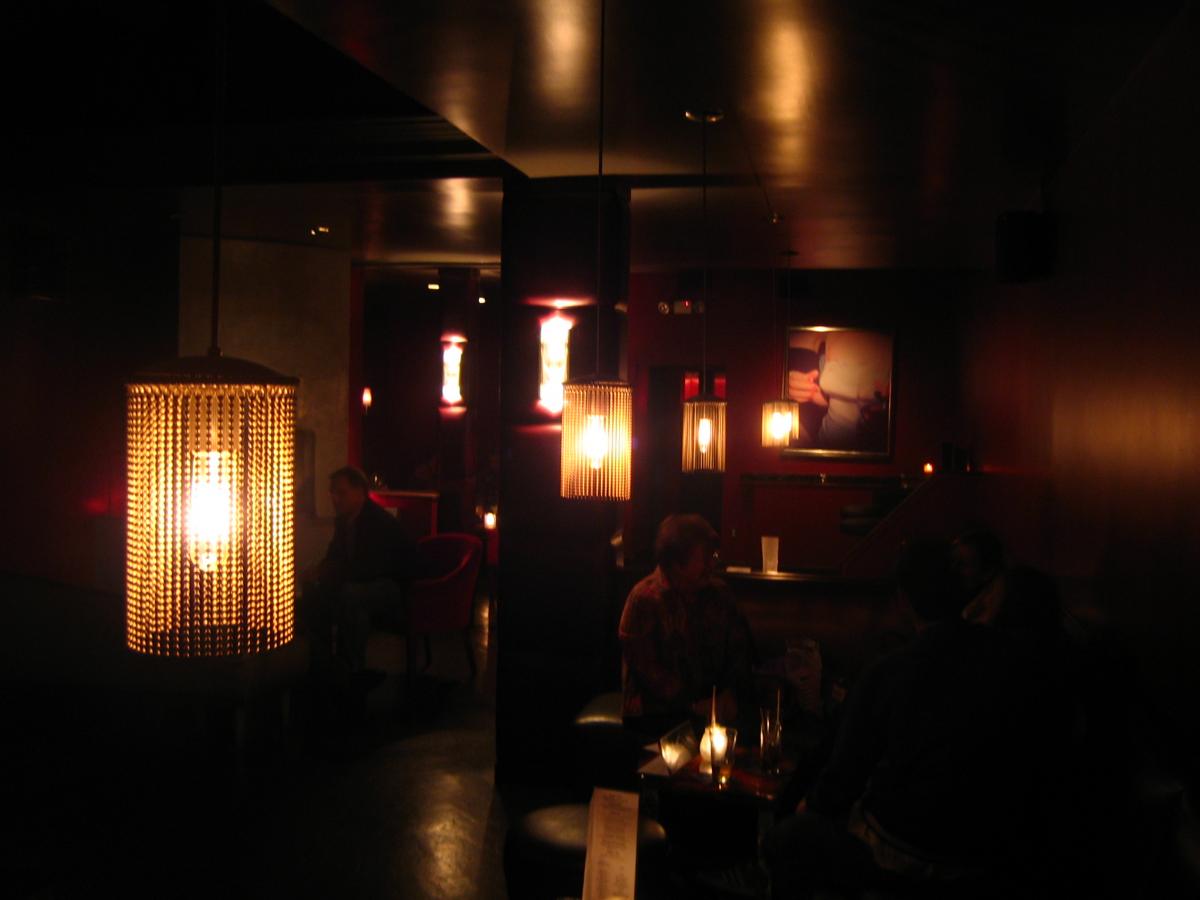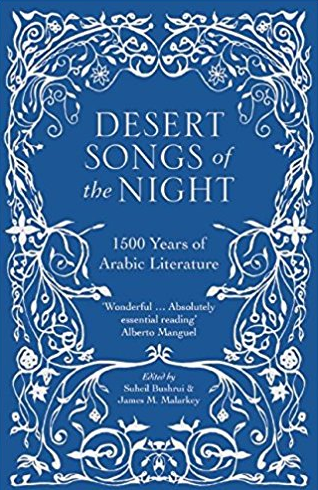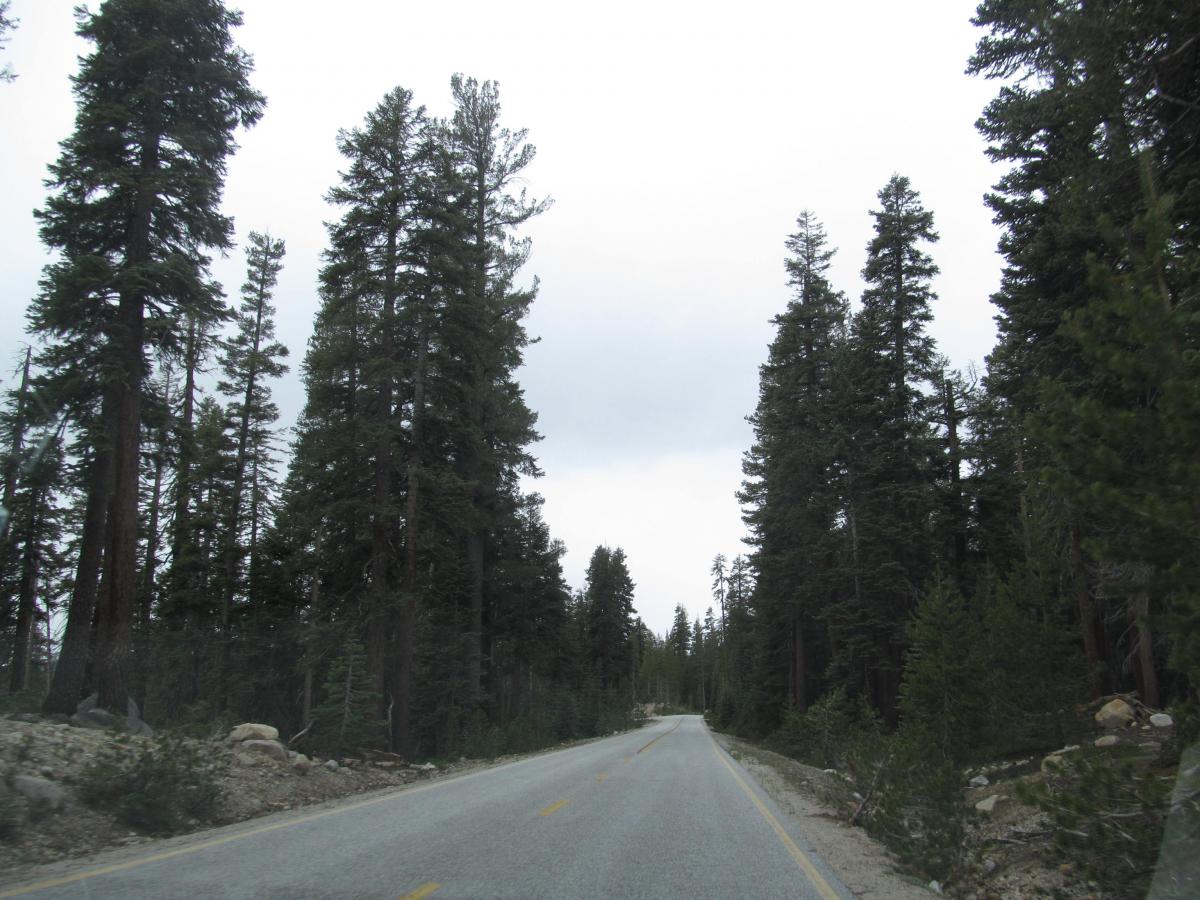Reviewed by

Admirers of slim, erotically charged novels will greet Noy Holland’s first novel Bird with a sense of discovery. For fans of her three short story collections, Bird is a satisfying evolution of her lyrical, unsettling prose that ratchets the tension between poetic language and mythic narrative, and feels both deeply modern and ancient.
Bird is a ballad to vanished love, to an erotic connection akin to rapture that the main character, whose nickname is Bird, cannot escape, even though Mickey, her golden bad boy lover, took her places she shouldn’t have gone.
The present is one autumn day 12 years after Mickey’s abrupt departure “in order not to kill her.” Bird is breast-feeding her infant daughter after a difficult birth, her second child. She might be suffering from post-partum depression—certainly she has let herself go. Married to the doctor who treated the wounds Mickey inflicted, she lives in the countryside, trying to find solace in domesticity, but yearning for the thrills of the past.

 107 Water Street, Stonington, CT
107 Water Street, Stonington, CT







